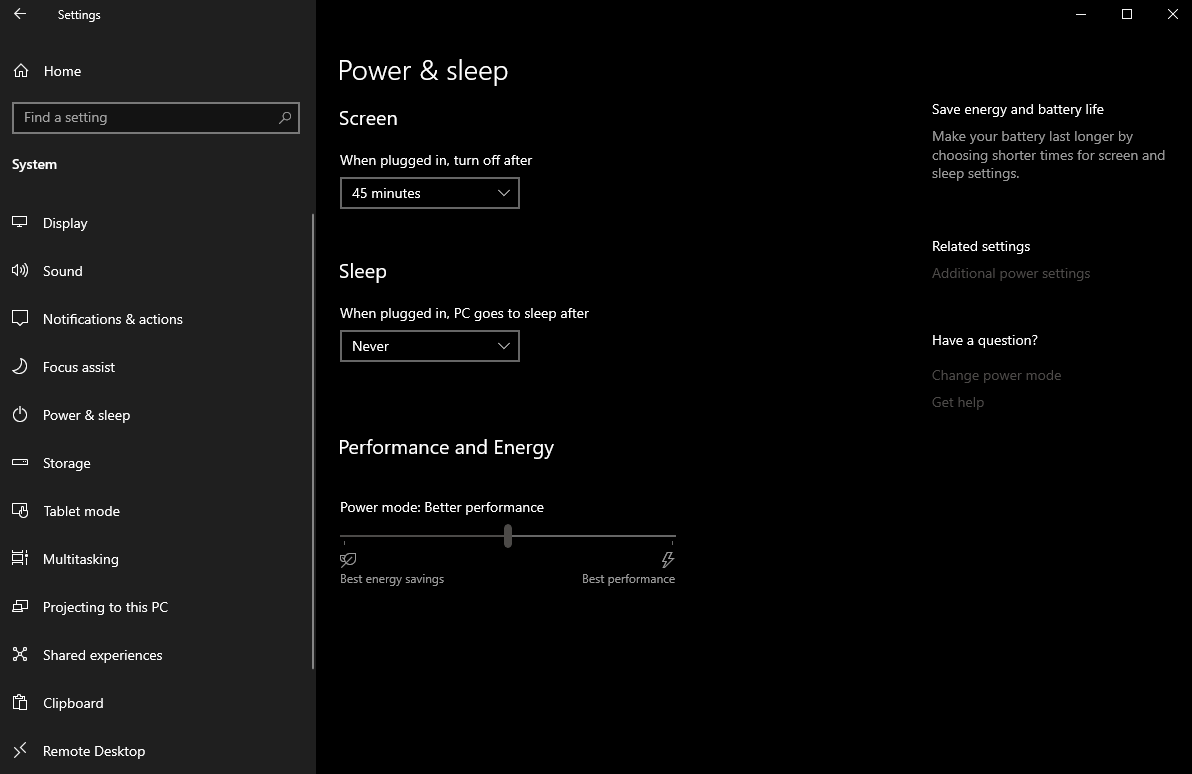dave343
[H]ard|Gawd
- Joined
- Oct 17, 2000
- Messages
- 1,869
the mitigation patches aren't mandatory and most home users aren't installing them. The average home user isn't massively security conscious.
Isn't Microsoft automatically adding in patches through Windows 10. I know that the micro-code updates are through the BIOS and 99/100 home user's could care less about doing a BIOS update, but I thought MS was also implementing some workarounds that impacted performance on some level, with intel CPU's. And starting at the 8 series, isn't the hardware mitigation built into the CPU? So even without the micro-code updates, you'll still see performance impacted albeit under limited scenarios.
![[H]ard|Forum](/styles/hardforum/xenforo/logo_dark.png)

